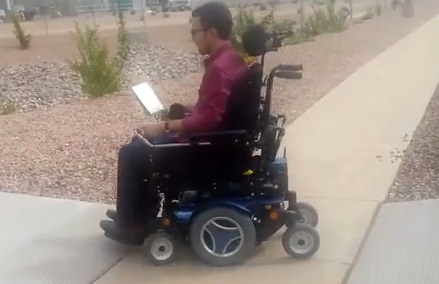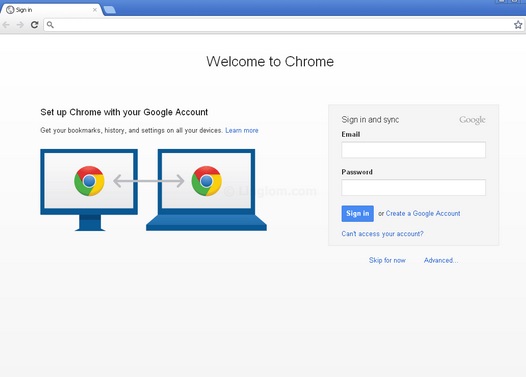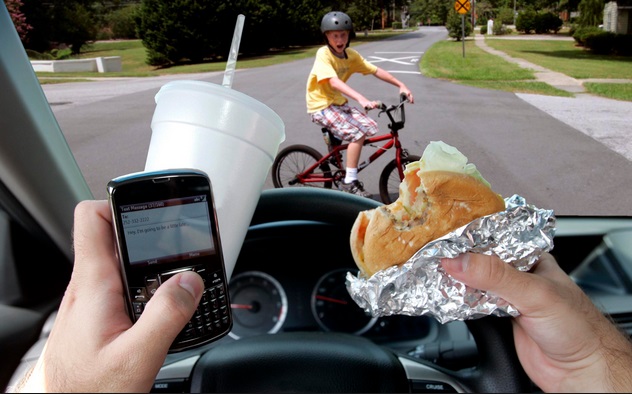My Appearance on WGST's "The Sully Show" 10/10/14 Atlantic City and Tech News of the Week
 Friday, October 10, 2014 at 2:53PM
Friday, October 10, 2014 at 2:53PM Rick is back home from being in Atlantic City this week. Atlantic City is one of the most active cities on social media
Check them out on the web at www.doatlanticcity.com

· Facebook – www.facebook.com/AtlanticCityNJ
· Twitter – www.twitter.com/VisitAC
· YouTube – www.Youtube.com/DoAtlanticCity
· Foursquare – www.foursquare.com/VisitAC
· Instagram – www.instagram.com/DOAC
· Pinterest – www.instagram.com/DoAtlanticCity
News topics:
Have a listen:
1. Hartsfield-Jackson top-ranked for airport amenities
Free Wi-fi, play areas, walking paths (such as the underground walkway between concourses), water bottle filling stations, spas, automated passport control kiosks, MARTA access, the Plane Train people-mover and a cell phone lot.
The Atlanta airport has interactive charging stations with cameras that travelers can use to share a photo with family and friends via social media while charging their phones.
2. The "Smart Wheelchair"
or maybe iWheelchair
If you're in a wheelchair, wouldn't it be nice to have your chair automatically alert a caregiver if changes in your heart rate or another vital sign showed that you might be having a problem? And how about helping you rate sidewalks and handicapped parking spaces to help fellow wheelchair users get around more comfortably? Steven Hawking endorses the idea, and the Connected Wheelchair Project, in this short video. This is an Intel project, in conjunction with Wake Forest University, run by student interns. | Besides helping wheelchair-dependent people live a better life, the Connected Wheelchair Project may help prevent Medicare fraud, says Hughes in our video interview with him. Falsified requests for durable medical goods are a huge drain on Medicare's budget. What if a connected wheelchair spent all of its time far from the home of the person to whom it was assigned? That would be a red flag, and investigators could follow up to see if that wheelchair was in legitimate hands or was part of a scam. |
The Connected Wheelchair is still proof-of-concept, not a commercial product. Will it see production? Hard to say. This may never be a profitable product, but Intel CEO Brian Krzanich has said that that this project is an example of how “the Internet of Things can help change lives.”

3. Chrome 38 Released: 159 Security Fixes
If you use the Chrome browser on your computer or any device, get the newest update. It fixes a ton of security flaws.

4. Belkin Router Owners Suffering Massive Outages
If you use a Belkin router at your home or office, you may have noticed some outages or problems over the last week. Belkin is working on an update they can push to routers to eliminate future problems.
5. Studies Conclude Hands-Free-calling and Apple Siri Distract Drivers
A story at the L.A. Times that echoes some previous research on the relative risks of hand-held vs. hands-free phones by drivers, and comes to an even grimmer conclusion:
In many cars, making a hands-free phone call can be more distracting than picking up your phone, according to a new study from AAA and the University of Utah. In-dash phone systems are overly complicated and prone to errors, the study found, and the same is true for voice-activated functions for music and navigation. A companion study also found that trying to use Siri — the voice control system on Apple phones — while driving was dangerously distracting. Two participants in the study had virtual crashes in an automotive simulator while attempting to use Siri, the study's authors reported. In response, Toyota said the study did not show a link between cognitive distraction and car crashes.
"The results actually tell us very little about the relative benefits of in-vehicle versus hand-held systems; or about the relationship between cognitive load and crash risks," said Mike Michels, a Toyota spokesman.
Meanwhile, many states treat hand-held devices very differently from hands-free ones; in New York, for instance, both texting and talking on a hand-held mobile phone are put in the same category, while talking on a hands-free device is covered only by more general distracted driving laws. If the Utah study is correct, maybe that's backwards. (And some evidence suggests that phone use in cars is not quite the straightforward danger that it's sometimes presented as, despite the correlation of phone use with accidents.) 
 640am WGST,
640am WGST,  Atlantic City,
Atlantic City,  The Sully Show,
The Sully Show,  radio in
radio in  The Sully Show,
The Sully Show,  WGST,
WGST,  radio,
radio,  tech segment
tech segment 